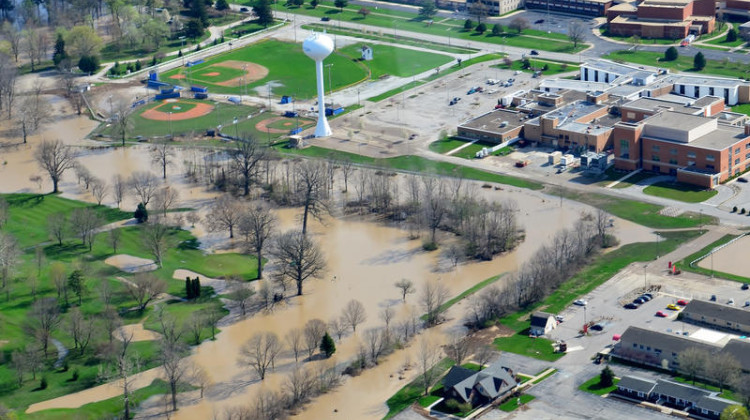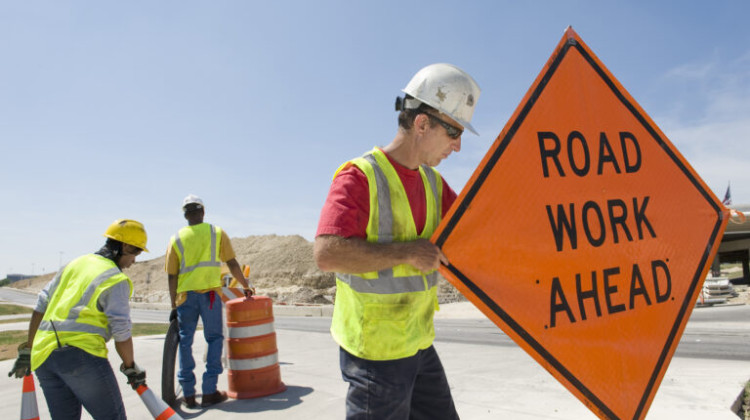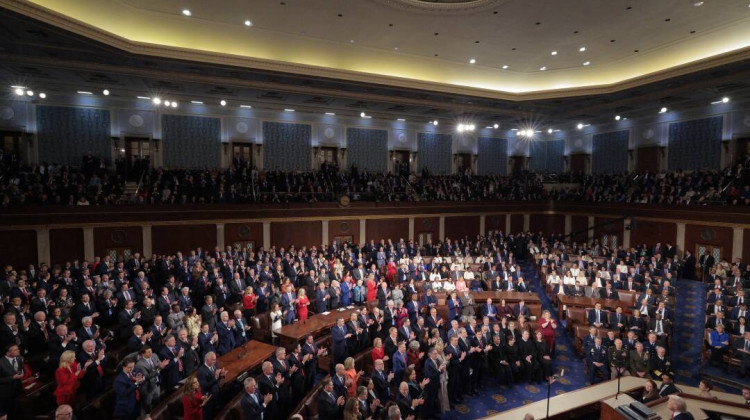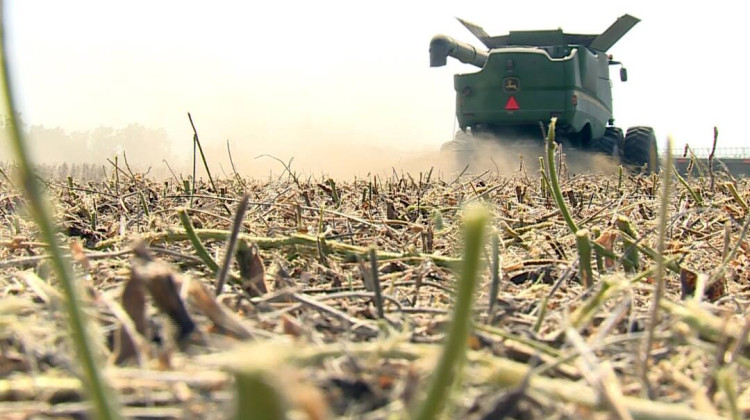Indiana University wants to help small towns access funding for projects that reduce their impact on the planet and make them more resilient to things like flooding and extreme heat.
The Biden administration has made billions of dollars in grant funding available for these projects, but IU researchers found few communities can dedicate resources to apply for them.
READ MORE: Climate grants hardest to get for towns that need them most
That’s why IU’s Environmental Resilience Institute has teamed up with the Center for Rural Engagement to create the Indiana Resilience Funding Hub. It aims to help communities of less than 50,000 people figure out what they need, what grant funding is available and apply.
Bill Brown directs strategy and engagement at ERI. He said there’s funding for everything from renewable energy projects to stormwater improvement to helping cool cities down.
“You name it. There's a very wide range of opportunities out there. But it's such a massive grant law that people are having trouble wading through all that," Brown said.
READ MORE: How can cities and you prepare for more flooding due to climate change?
Join the conversation and sign up for the Indiana Two-Way. Text "Indiana" to 73224. Your comments and questions in response to our weekly text help us find the answers you need on statewide issues, including this series on climate change and solutions.
People living in rural areas are especially vulnerable to climate change. They’re more likely to have jobs in agriculture or recreation — which are more susceptible to weather events like drought. They also tend to have less money than urban residents — which means they’re less able to pay for things like storm damage.
“So they have this combination of very high need for funding, but very low capacity to access that funding. So that's the critical issue that we're trying to tackle," Brown said.
ERI plans to hire a community funding specialist and four students to help with the hub.
Brown said the hub aims to work on about five to eight community projects in its first year, but will try to help as many communities as possible through other resources like informational webinars.
Rebecca is our energy and environment reporter. Contact her at rthiele@iu.edu or follow her on Twitter at @beckythiele.
9(MDAyMzk1MzA4MDE2MjY3OTY1MjM5ZDJjYQ000))
 DONATE
DONATE







 Support WFYI. We can't do it without you.
Support WFYI. We can't do it without you.